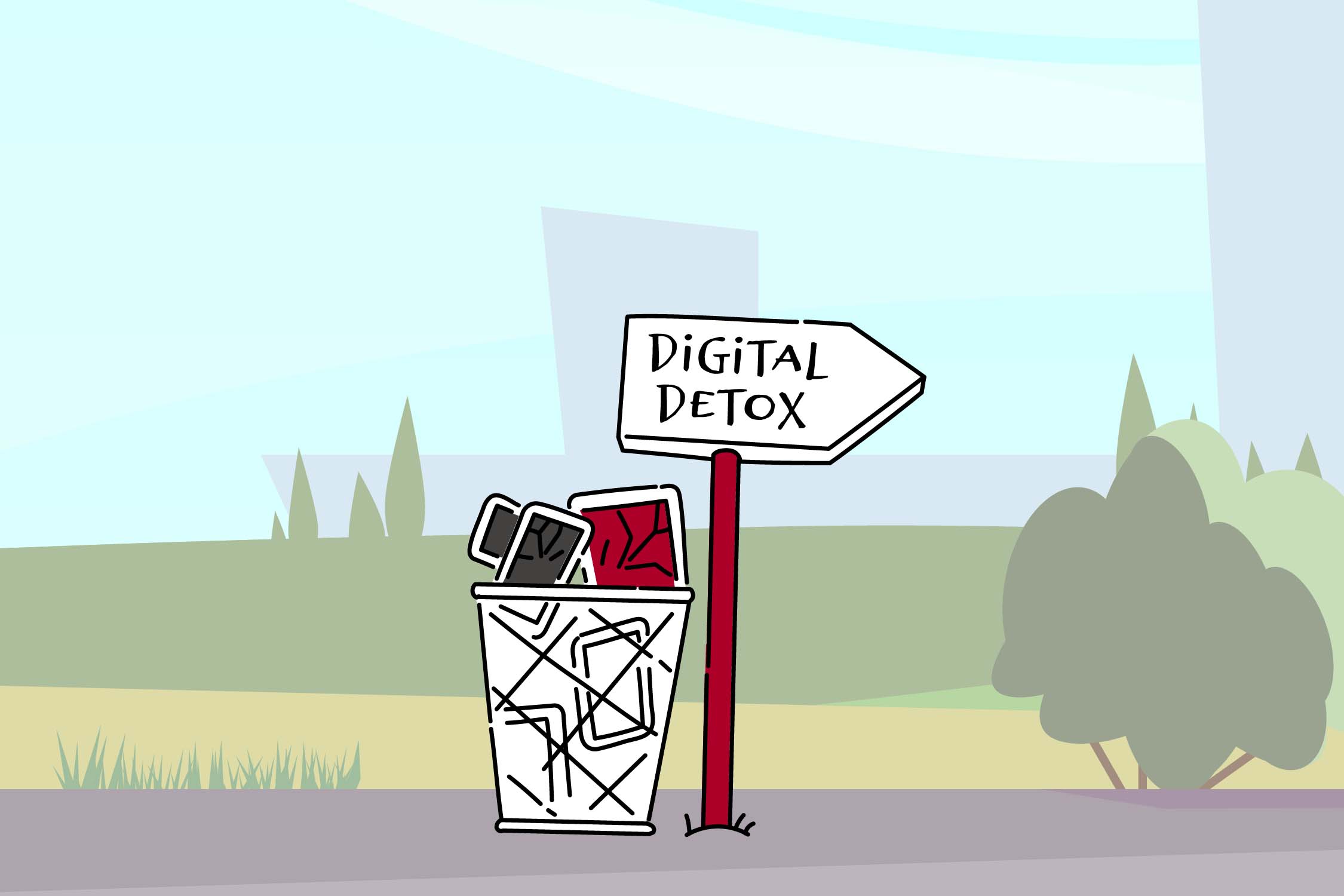The easiest thing to do is to shrug it off by focusing on the dangers of screen-engagement for young people. And when the issue affects an adult, the easy excuse is to justify it all on the grounds of work or the digitisation of services. But that’s where we are fooling ourselves.
24/7 in the digital realm
Working eight hours a day on a computer or using a mobile phone to answer work-related emails does not mean that we can’t enjoy a good film or a couple of episodes of our favourite series. Quite the contrary. The problem is when these three screens end up becoming a hyperconnectivity that governs our daily lives, forming an ecosystem in which everything is interconnected.
No one denies that because of the pandemic there is little freedom for other activities outside our screens. What happens is that this excuse does not work when the level of engagement leads us to talk on the phone with the family while watching TV, to watch a TV programme while tweeting or even to work with a series in the background on the tablet. Instead of reinforcing addictions and phobias, the COVID-19 crisis should offer a new look at work that allows us to inhabit time.
Nevertheless, it has become more difficult than ever to separate ourselves from constant digital stimulation, so a digital detox is of vital importance for more and more people. Six out of ten Spaniards admit that the first and last thing they do every day is look at their mobile phone. And according to the latest Study on Mobile Addiction, carried out by Rastreator.com, it is calculated that in Spain there are 7.1 million people – 25% of the population – addicted. They depend on this device for their good mood and admit that digital leisure time is starting to intrude on their personal lives and work. And here comes the final straw: how many times have we fantasised about telecommuting in order to have more time to balance work and personal life, only to find that we still don’t have enough time, despite having saved ourselves the commute a handful of days a week?
Personal and professional digital detox
In order to solve this problem, it is best to start at the beginning. From the very moment we open our eyes. Due to the widespread use of the smartphone as an alarm, the simple fact of interacting with it to turn it off inevitably leads us to check if we have new emails or work messages in Slack or Teams. And while we’re at it, we check our social media interactions. All of this leads to a high level of digital stress from minute one of our days, and it is difficult to reduce it throughout the working day.
For a successful digital detox at the end of the working day, it is also important to set limits:
- Firstly, professional ones. Setting a maximum time limit for answering work calls and emails, since, according to the Digital Health Dilemma study, 61% of employees say that the pressure to answer calls and emails outside of work hours makes them more stressed.
- But they should also be set for leisure time, as there’s little point in turning off one screen to turn on another, no matter how different the activity may be..
On a physical level, many medical guidelines advise isolating rooms as technology-free environments. By allocating the bedroom and living room to interact with our loved ones in a way that the lack of constant updating of news or social networks allows us, in turn, to recharge and reboot on a daily basis without entering a loophole that only produces stress and digital anxiety.
If we still need to use new technologies, let’s force ourselves to hold some of our meetings face-to-face, with our devices turned off. Or try having breakfast or lunch without phones, emails and social media.
Disengaging from technology, a real digital detox, is just like detoxing from junk food – there are even ‘detox diets‘:
- Monday: unsubscribe from all unwanted e-mails.
- Tuesday: don’t check your phone until you get to work.
- Wednesday: have breakfast or lunch without your smartphone.
- Thursday: set a couple of hours without checking emails by disabling notifications.
- Friday: stay away from social networks for the whole day
- Saturday and Sunday: o checking work emails or social networks.
The findings of studies conducted to date by health insurer Aetna reveal that disconnecting from devices and/or turning off notifications, as suggested by digital detox, actively contributes to improving physical and mental health, optimising sleep and even increasing productivity. Too many benefits not to make an effort to preserve them.
Sources: Aetna International, Redes&Telecom

